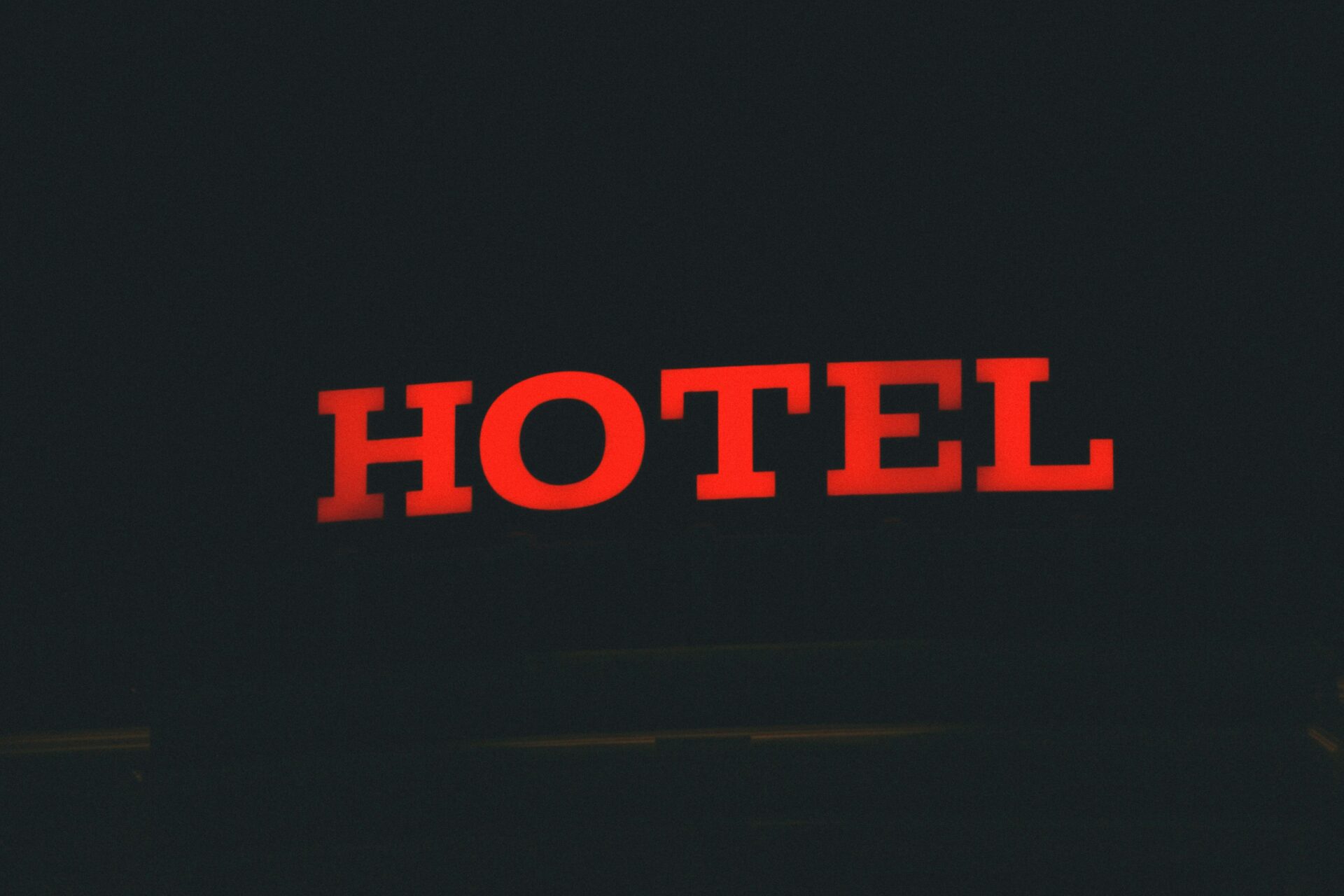A tightening race in digital travel is reshaping how hotels win — and where guests begin their journey
Nov 18, 2025
Key takeaways
- The balance of power is shifting: Expedia and Airbnb are posting faster growth than Booking in key metrics, narrowing the competitive gap.
- Hoteliers face a diverging platform landscape: Airbnb is expanding into hotels and experiences, while Expedia is reinventing its marketplace with loyalty and AI.
- Booking.com’s long-held edge in conversion is under pressure: ongoing growth deceleration raises questions about how much leverage Booking keeps in distribution discussions.
- AI is accelerating competitive change: Expedia and Airbnb are deploying AI-driven discovery features faster than Booking, creating new guest-acquisition funnels.
- Hotels must adapt strategically: diversifying channels, optimising GDS/agency segments, and strengthening direct booking funnels are becoming more important as platform dominance evens out.
The quiet shift no one wants to talk about
For years, Booking Holdings has felt like the inevitability of online travel — a machine optimised for conversion, margin, and global supply. Hoteliers knew the drill: if you wanted European demand, you couldn’t ignore Booking.com; if you wanted volume, you listed; if you wanted to negotiate, you needed leverage the size of a coastline.
But something interesting is happening beneath the surface.
While Booking.com continues to post strong financials, its relative momentum is fading. Expedia is finding a second wind after years of product restructuring. Airbnb is pushing far beyond its original home-sharing identity, becoming a discovery engine that keeps capturing cultural mindshare.
And when rivals pick up speed at the same time your own growth curve softens — even modestly — your competitive moat starts to look a little less like a fortress and a little more like a fence.
This matters for hotels. Because when platform power shifts, bargaining power shifts with it.
The Expedia comeback you might have missed
Expedia Group has spent the last few years quietly rewriting its playbook while most of the industry focused on Airbnb and Booking.com’s dominance. The result? A company with real momentum.
- One Key, its unified loyalty program, is seeing rapid adoption and improved stickiness.
- The platform’s marketplace ranking is now tied directly to guest experience and fulfilment scores — something hotels have long asked Booking to do.
- Expedia’s focus on “quality over quantity” supply is resonating with travellers seeking reliability.
Most importantly: Expedia’s room-night growth has recently outpaced Booking.com’s, something that would have been unthinkable a few years ago. Its recovery in the U.S. — historically Booking.com’s weak spot — is pushing competitive equilibrium closer.
Expedia is not trying to be Booking.com. It’s trying to be the better version of Expedia: a loyalty-driven, quality-filtered platform that gives hotels a reason to invest in partnership rather than just listing inventory.
And hoteliers are noticing.
Airbnb: Expanding the battlefield entirely
Airbnb’s trajectory has always looked different from the classic OTA model. It’s emotional, cultural, experiential. It’s a brand that travelers talk about the same way they talk about Spotify playlists or Netflix shows.
But the company is now moving more aggressively into territory that belongs to hotels:
- “Airbnb Rooms” is a budget-conscious product that unexpectedly gained traction during inflation spikes.
- Boutique hotels, design-forward properties, and urban micro-hotels are performing well on Airbnb and receiving increasing visibility.
- The platform’s experience ecosystem — tours, activities, unique events — strengthens its role as a discovery platform, not just a booking engine.
- Airbnb’s AI-powered travel ideas and themed collections are acting like the top of a new funnel, one that begins before the guest has even decided where to go.
Airbnb is not positioning itself as an OTA competitor. It’s positioning itself as the place where travel begins — and increasingly, that includes hotels.
When a platform controls discovery, it controls demand.
Booking.coms edge isn’t gone — but it’s no longer unchallenged
Let’s be clear: Booking.com is still a distribution powerhouse. It has unmatched supply liquidity in Europe, superb A/B testing culture, an enviable conversion engine, and strong direct partnerships with hotels.
But the signals are hard to ignore:
- Room-night growth is decelerating relative to peers, even if only moderately.
- Competition for U.S. travelers — a weak spot historically — is intensifying.
- Its Genius program, once a demand magnet, now faces loyalty competition from Expedia’s One Key.
- AI product announcements have been cautious compared with more aggressive moves by Expedia and Airbnb.
Booking.com still converts better than anyone. But its moat — built on scale, efficiency, and consumer trust — is being tested by competitors that now move faster and tell better stories.
For the first time in a decade, Booking.com is in a race instead of a league of its own.
What this shift means for hotels
When distribution dynamics change, hotels must adjust — strategically, not reactively.
Here’s what matters for hoteliers right now:
- Don’t rely on a single OTA for volume
If Booking.com’s relative performance slips, you’re exposed. Diversify demand sources — including Expedia, direct, GDS, and metasearch — to reduce dependency.
- Expect tougher negotiation dynamics
A more competitive landscape gives hotels slightly more leverage. Use this moment to push for improved terms, visibility, and marketing support.
- GDS and agency channels become even more important
As consumer online channels diversify, corporate and agency segments retain their stability — especially for city hotels. Strengthening GDS presence is a smart hedge.
- Invest in direct booking without overestimating it
Direct is essential, but it doesn’t replace the reach OTAs provide. Balance your funnel: use OTAs for discovery, direct for loyalty and retention.
- Prepare for AI-driven booking flows
The next major battle won’t be OTA vs. OTA — it will be OTA vs. AI travel assistants that assemble, compare, and book personalized trips.
Expedia and Airbnb are building AI-first experiences faster than Booking.com. Hotels need to be ready for guests who arrive through new algorithmic funnels, where content quality and structured data will matter more than ever.
The new era: Less dominance, more competition
For a decade, the digital travel landscape felt predictable: Booking.com at the top, Expedia reshuffling its strategy, Airbnb defining an entirely new category.
But now all three are converging — on product innovation, market share, and cultural influence.
Booking.com is still extremely strong. But it’s no longer unchallenged. Rival momentum is real, and it is reshaping how hotels think about distribution, partnerships, visibility, and pricing.
The advantage now belongs to hotels that understand the shift early — and adjust their channel strategy before the market forces them to.
by Markus Busch, Editor/Publisher Hospitality.today








